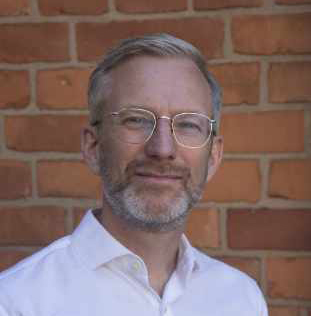Exploring the role of science and art in societal transformation processes for a flourishing web of life.
This public lecture is coorganised with the study programme Certificate in Sustainability and Social Innovation and the Cell for Cultural Affairs. that equips change agents to address sustainability challenges.
Humans, with all life on Earth, co-exist in the Biosphere, the only known place in the universe where there is life. The term Anthropocene describes the fundamental human impacts on the Biosphere. In this time of accelerating crises, of an intertwined polycrisis that amount to humans representing an existential threat to themselves (ourselves). But at the same time, humans have a remarkable ability to learn from each other, to innovate and adapt to change. In this lecture we will explore the question how agency and networks can be mobilized to stimulate cooperation for a thriving Biosphere? The Anthropocene Laboratory at the Royal Swedish Academy of Sciences has recently been established to engage with these issues, across academic disciplines, across geographical regions, and in collaboration with diverse actors.
Speaker
Prof. Henrik Österblom is director of the Anthropocene Laboratory, the Royal Swedish Academy of Sciences and professor atStockholm University. He has an adjunct professorship at the University of Tasmania and has been visiting professor to Tokyo University. Henrik have worked as policy advisor to the Swedish government and several heads of state, and his research engages in spaces between science-policy, science-corporations or science-art. His background is from field ecology, with a master’s degree in behavioral ecology from Uppsala University (1998) and a PhD in marine ecology, Stockholm University (2006).
Organisation
Prof. Ariane König

